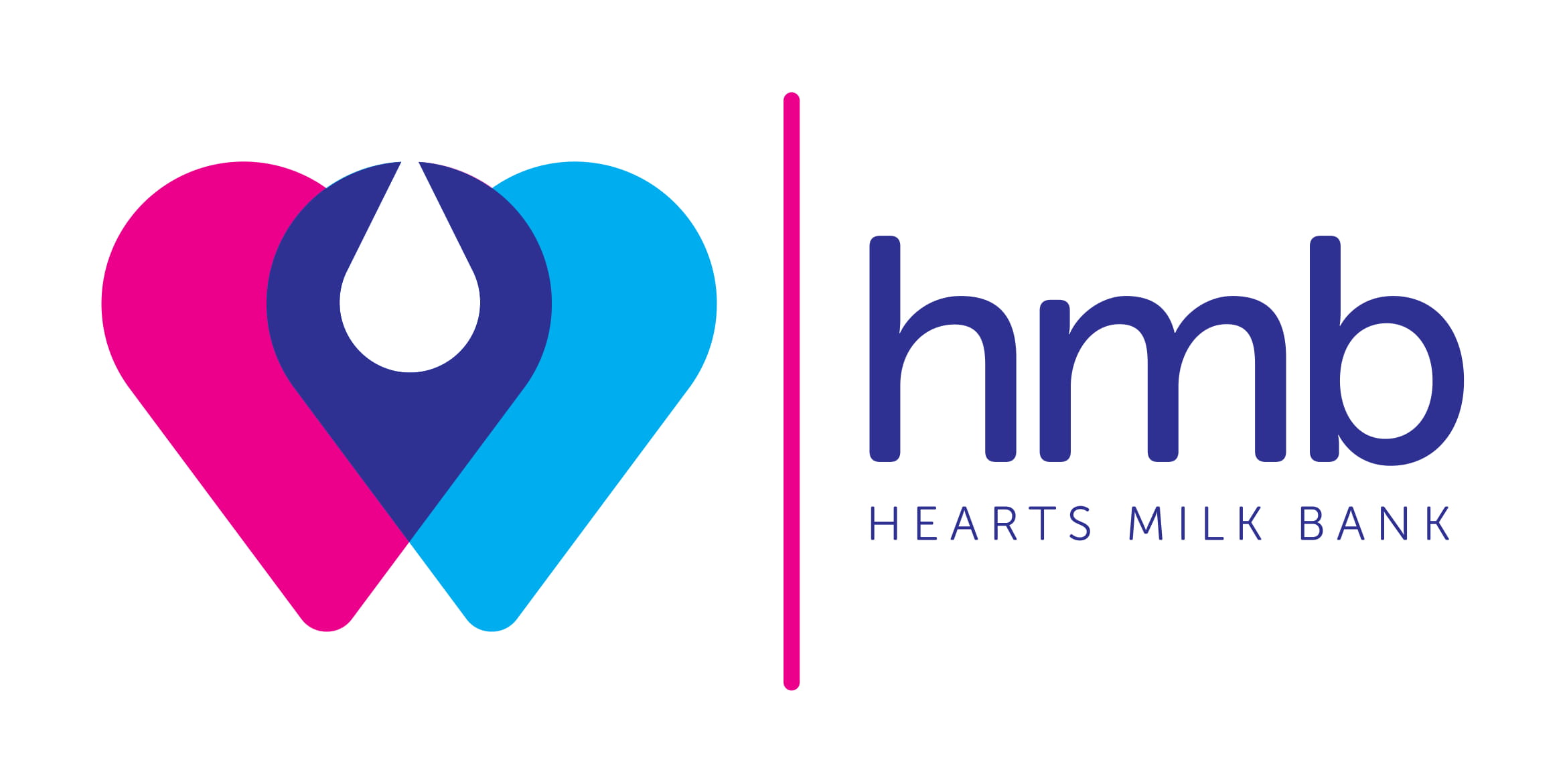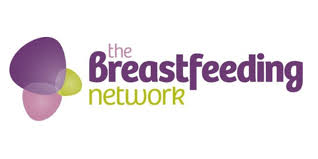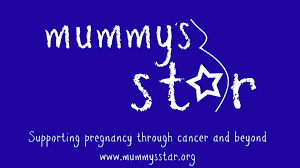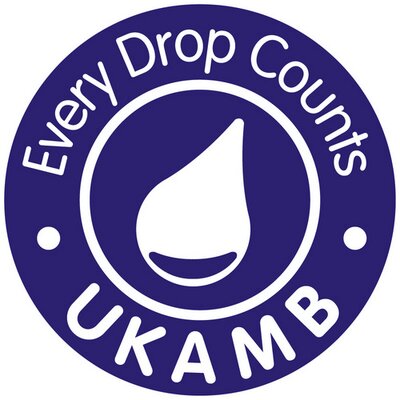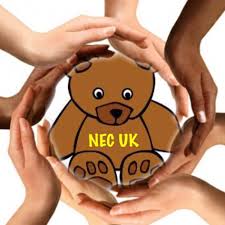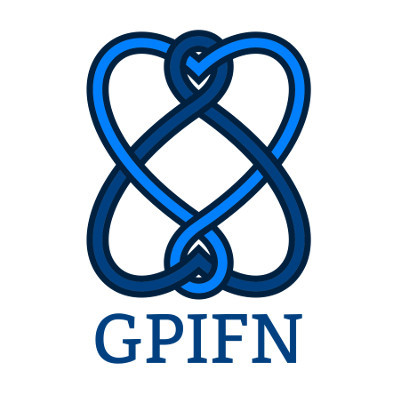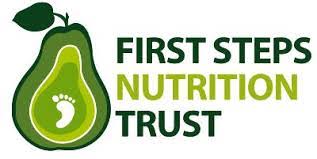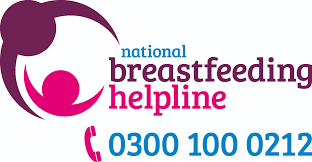We’ve been busy recruiting donors and pasteurising milk for 4 months, and have built up large stocks. Milk is now leaving our doors to hospitals for use on neonatal units, and also to mothers in the community who have medical reasons that mean they cannot breastfeed. We are delighted, and so grateful to all who have supported us to get to this point.
One of the first hospitals to contact us for donor milk was Luton and Dunstable NICU. We wanted to know how the Hearts Milk Bank supports staff and patients on this busy neonatal unit. Lauren Wong, Senior Sister, spoke to us earlier this week.
Where do you work, and what is your role?

I work in the NICU (Neonatal Intensive Care Unit) at Luton and Dunstable Hospital. We are a busy Level 3 unit, which means that we are able to care for babies who are very sick, or extremely premature (from 23 weeks gestation upwards). My role is as a Senior Sister and Infant Feeding lead nurse for the NICU.
How is donor milk used on your unit?
Our primary use is for babies born at less than 32 weeks gestation, either to supplement mother’s own milk production (for example if mother is very unwell or having difficulties / a delay building her supply), or very occasionally in situations where we cannot give mother’s milk (for example due to chemotherapy). We also sometimes use donor breast milk for older babies who are very sick (for example those undergoing cooling therapy) or those with digestive issues.
We see breast milk as being like a medicine for our babies. It contains important factors for brain development, antibodies to fight disease and infection, and helps protects against allergies. However, the most important issue for our premature and sick population is that breast milk reduces the risk of a gut condition called necrotising enterocolitis (NEC) which can be very serious for babies.
There is strong evidence that increased use of breast milk saves the NHS money in the long term, by reducing the incidence of hospital admissions in babies (gastroenteritis, chest infections etc) as well as lowering the chances of many other conditions affecting older children and adults. We see demand for donor breast milk increasing, and being more widely used as the importance of breast milk is better understood.
When did you hear about the Hearts Milk Bank?
I first heard about the Hearts Milk Bank through a friend who had seen an article online about a new milk bank for the region. We are very excited to be involved with the HMB. It is wonderful for us to have a regional milk bank where our NICU mums can easily donate their expressed milk without having to travel (the amazing SERV motorbike team will collect their milk). Mums are always glad to know that some of this milk may come back to us and be given to new babies coming in (some of their own babies may have also received donor milk for a while).
What support does the Hearts Milk Bank offer?
The staff at HMB are incredibly knowledgeable about milk banking and all things breast milk-related, and are always happy to answer our many questions. Gillian has visited the unit to give us some teaching about the processes involved in providing donor breast milk. This was a fascinating talk, and an excellent opportunity for doctors and nurses to ask any questions they had around milk banking.
We are now able to simply give the HMB contact details to our mums with excess milk, and they will guide them through the donation process. The HMB team also sensitively deals with bereaved parents who wish to discuss donating expressed breast milk. It may offer some small comfort for these parents to know that they have helped another family in a similar situation.
It is reassuring for us to have a local and reliable source of donor breast milk, rather than having to obtain milk wherever it is available. Also, as there is no courier charge for the Hearts Milk Bank, we are able to order small amounts as needed, rather than trying to predict long term use and order in larger volumes. They can provide us with larger or smaller bottles to suit our requirements (this helps us to avoid wastage), and they also provide a simple form for each batch to help us record information about who has received the milk.
How do you see the future?
Here at Luton, we are currently working towards accreditation from the Baby Friendly Initiative. Working with the HMB helps support us to do this through improved education, awareness, and support. We’re also really excited about the research looking into the epigenetics of breast cancer risk, and we look forward to hearing more about this and all the other plans for research that the team has.

